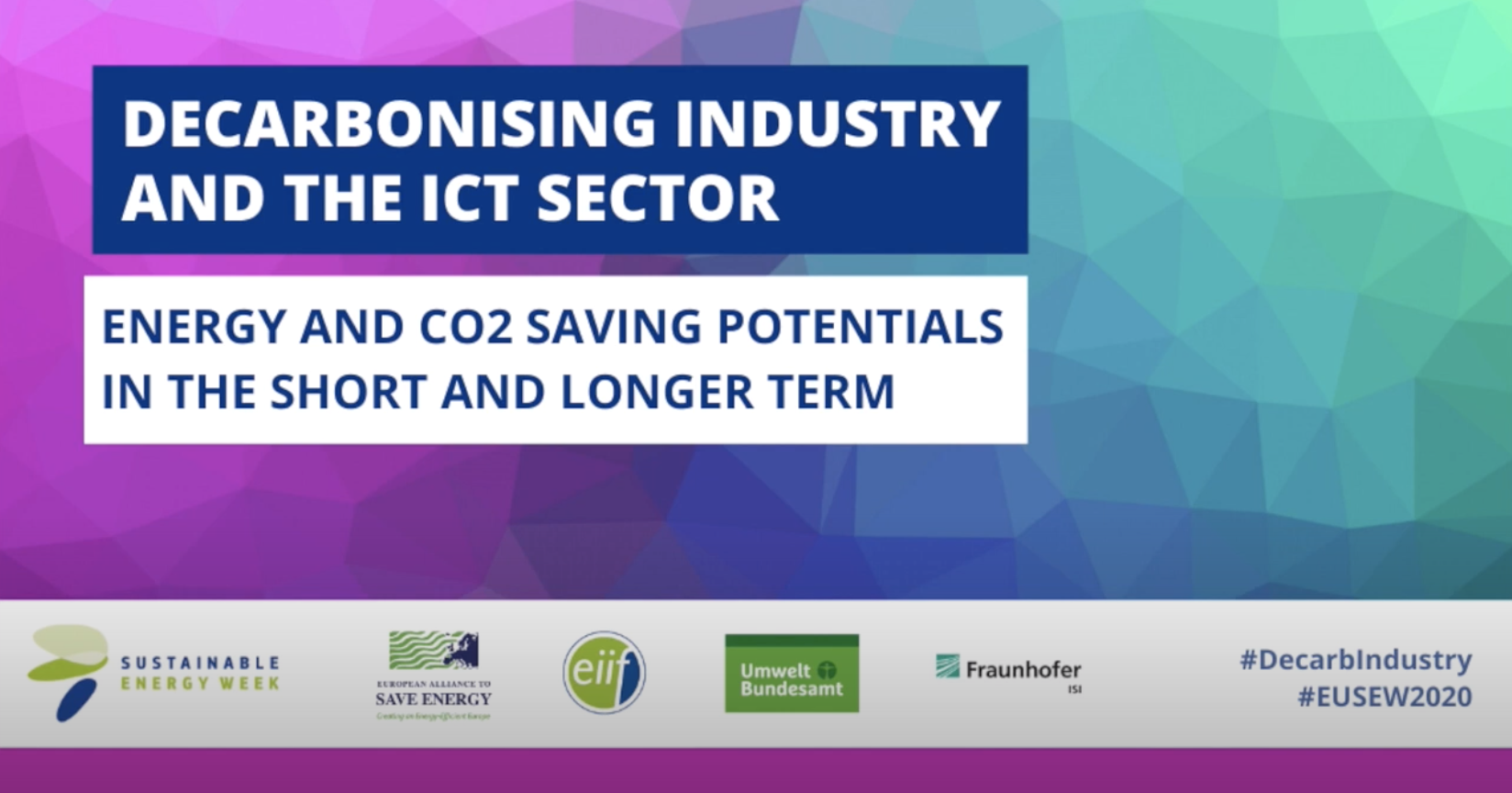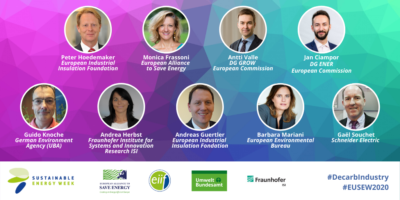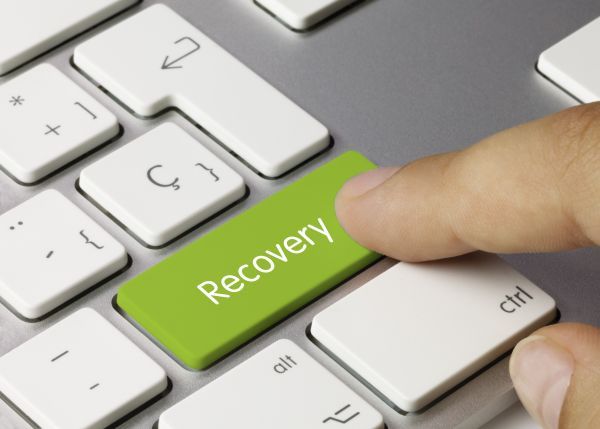by Julie Kjestrup, Interim Head of Group Public Affairs and Sustainability at Danfoss and Board Member of the European Alliance to Save Energy.
This article was published in the blog of the EU Sustainable Energy Week 2020
In the next few years, policy makers will have to rethink urban planning and market designs. For the cities of tomorrow to be sustainable, sector integration and energy efficiency must be at the heart of the policy framework.
The COVID-19 pandemic has increased the urgency of a Green Deal framework that delivers, to ensure that we do not go back to where we were but forward to where we want to be: to a sustainable society, protecting our climate and creating future-proof jobs and growth.
Leveraging urban efficiency is essential to getting there. Cities provide unique opportunities for energy and resource efficiency, using synergies between the elements of the urban energy system. This makes them ideal frontrunners to showcase new technologies and create attractive, future-proof places to live and work.
The key is to be smart in the way we use our (future) energy: this means smart about how much energy we consume in the first place. In other words: energy efficiency first. Capturing the full potential of energy efficiency will allow a faster roll-out of renewables and lead us on the most cost-efficient path to carbon neutrality. In fact, recent research from Denmark shows that the extra costs for reaching Denmark’s new and ambitious 70% CO2 reduction by 2030-target can be significantly reduced by investing in existing energy efficiency technology in buildings and industries.
It also means smart about how we use, re-use and store our energy: through interconnections, integration and managing demand and supply in an efficient way we can stabilise our grid. We can use the excess heat from a nearby factory, data centre or supermarket to warm or cool houses, or to charge an electric vehicle. By creating synergies between sectors like buildings, industry, power generators and transport, sector integration is integral to reach decarbonisation.
According to a forthcoming research from Navigant, implementation of existing technology solutions for sector integration, energy efficient heating and cooling of buildings and electrified transport can bridge about half of the gap needed to reach the 1.5°C target in urban areas. At the same time, these reductions will contribute with more than one-third of total needed national emissions reductions in Europe. It can also save money. The Heat Roadmap Europe studies show that utilising energy system synergies and exploiting energy efficiency can save Europe 13% of primary energy use and reduce total energy-system costs by approximately 70 billion euros per year compared to other decarbonisation scenarios.
The future is here already: EnergyLab Nordhavn is an important part of Copenhagen’s overall goal of being climate neutral by 2025. A ‘living lab’ on efficient and smart sector integration, it will house 40,000 residents and 40,000 workplaces when done. Going forward, projects like this must become norm, and that means integrating our own thinking in terms of levers of the future energy policy framework.
The Green Deal framework enables that by putting a holistic vision forward that can create a more resilient, efficient and consumer-based system, and add jobs and growth along the way. To make this happen, policy makers will have to rethink urban planning and market designs. For the cities of tomorrow to be sustainable, sector integration must sit at the heart of the policy framework.
Additional information:
https://www.danfoss.com/en/about-danfoss/insights-for-tomorrow/energy-efficiency/
https://www.danfoss.com/en/about-danfoss/insights-for-tomorrow/district-energy/





